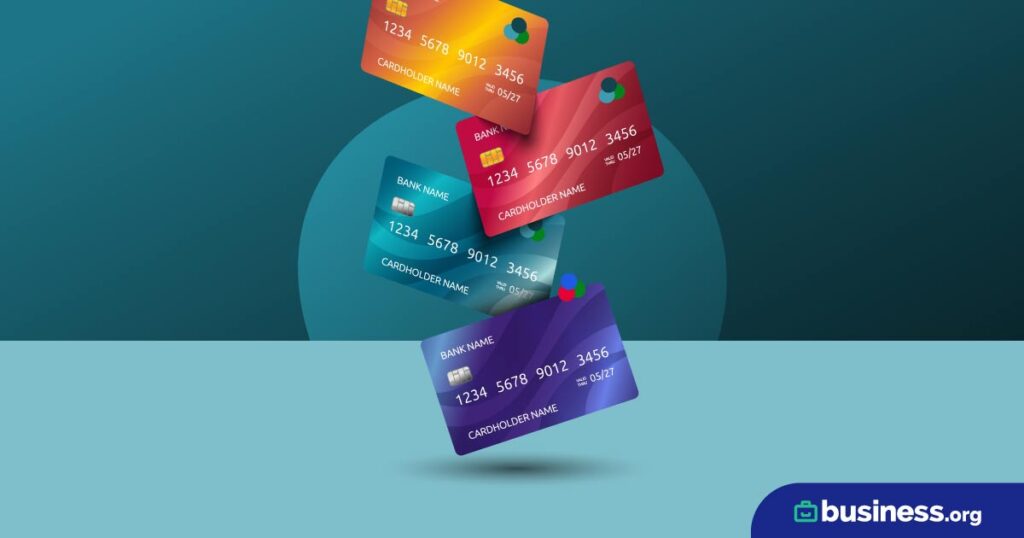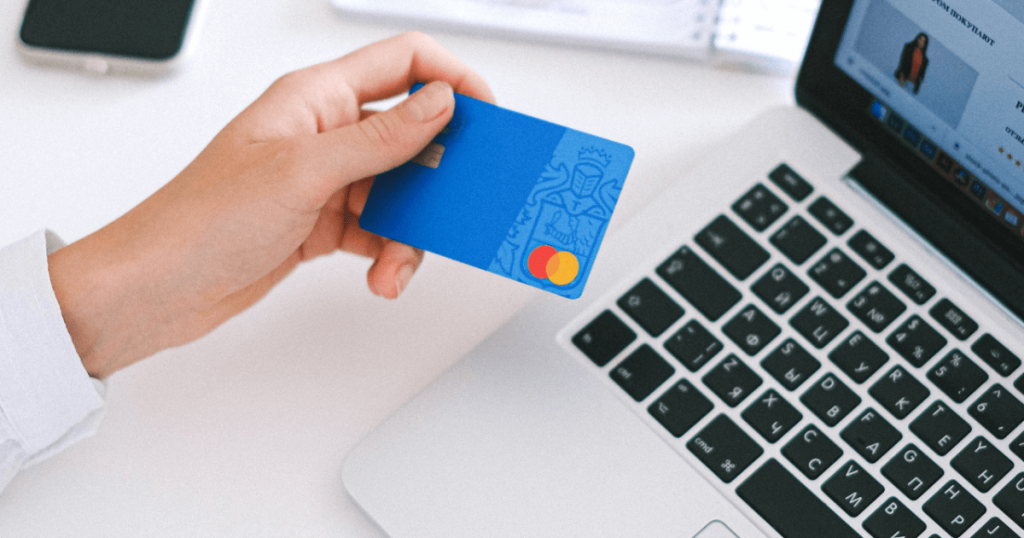We are committed to sharing unbiased reviews. Some of the links on our site are from our partners who compensate us. Read our editorial guidelines and advertising disclosure.
How to Get a Business Tax ID
If you run a small business, you need a federal tax ID number (or EIN number). Much like a social security number, this nine-digit ID is assigned only once and will never be redistributed to anyone else. A tax ID ensures your ability to legally pay your employees (and get up to $26,000 back per employee with the ERC tax credit), file for your annual tax return, apply for business licenses, and participate in business banking. Let’s go over how to get a business tax ID, who is required to have one, and a few reasons you might want to apply for one—even if you don’t have to.
Table of contents
By signing up I agree to the Terms of Use and Privacy Policy.
What is a tax ID?
A tax ID is an identification number required by the internal revenue service (IRS) for almost all businesses. It’s a unique nine-digit number that is only assigned once (even if you don’t end up using it for long), and it acts as a sort of social security number for your business.
Any business that is responsible for paying employees must have a tax ID. (You can't even set up your payroll software and start paying employees until you have one.) Many sole proprietors choose to apply for one as well. Even if you don't pay employees, a tax ID for your business makes it easier to keep your personal and business finances separate.
What is an Employer Identification Number (EIN)?
An employer identification number (EIN) is the same thing as a tax ID number, and the two are often used interchangeably. When filling out tax information, you may either see “tax ID” or EIN listed, but don’t worry—it’s the same number!

- Outsource your bookkeeping. Merritt Bookkeeping's affordable outsourced bookkeeping saves business owners time and money.
- Opt for all-in-one business checking. Found is the perfect match for teams of one looking for smart tax tools.
- Get better accounting software. Quickbooks is our top pick for businesses looking for comprehensive features that simplify tax season.
How to get a business tax ID
Taxes can be overwhelming, but luckily, acquiring a tax ID is relatively simple and free. Here are a few ways to apply.
1. Apply online
The easiest way to get a business tax ID is to apply for one on the IRS website. You’ll see several business entity type options at first, and small businesses typically fall into one of the following categories:
- Sole proprietor: You own and operate a business by yourself and have no employees
- LLC: A limited liability company. This entity type protects you and any partners or employees from personal liability and provides tax options.
- Corporation: A business recognized as a separate legal entity that can provide stock options.
- Partnership: Two or more people agree to share liability and assets.
If your business is an LLC, corporation, or partnership, you must register it with both the state and federal government before moving forward with a tax ID application.
Once you’ve selected your business type, the application is only one page long and shouldn’t take more than a few minutes to complete.
Information you need when you apply:
- Company name and business address
- Your name
- Your social security number
- Reason for applying
- Phone number and email address
Once you submit your application, you should receive a downloadable file with your employer identification number information. Save this file to your computer and print out a hard copy for your records as well.
2. Call the IRS tax line
If you prefer to do business over the phone, you also have the option of applying for a tax ID through the IRS Business & Specialty Tax Line (800-829-4933).
3. Fill out and mail an SS-4
The third option for applying for a tax ID is through mail or fax. With this option, you must complete an SS-4 tax form and send it to the Internal Revenue Service physical address.
Resources to help get a tax ID
If all of this still feels a bit overwhelming, or you have questions about your specific application, there are some resources to help you apply for a tax ID as well.
- Accountant
If you’re already working with an accountant for your small business, ask them to help you apply for an EIN number.
- Financial institution
You can also ask for help from a financial institution like your personal bank or credit union.
- The tax helpline
As mentioned above, the IRS Business & Specialty Tax Line (800-829-4933) is an available resource for tax ID questions. This office is typically open Monday through Friday from 7:00 a.m. to 7:00 p.m. ET.
Does my business need a tax ID number?
Most businesses are required to obtain a tax ID, including small businesses. If your business falls into these categories, you must get a business tax ID number.
- Any business that pays employees
- Businesses that file returns for firearms, alcohol, or tobacco
- Businesses using a pension plan
- Any business that operates as a corporation or partnership
- Businesses involved with certain types of organizations (estates, nonprofits, etc.)
If you’re a sole proprietor, you technically don’t need a tax ID. But if you're going to be applying for a small business bank account or small business loan, you'll need one regardless of your business type.
Reasons to get a tax ID as a sole proprietor
If you’re not required to get a tax ID, there are a few reasons you may still want to file for one.
1. You plan on paying employees.
If there’s a chance you might take on employees in the future—even just one or two—getting a tax ID in advance is a smart move to help you stay ahead.
2. You want added privacy.
Because a tax ID acts as the main identification for your business, obtaining one can be helpful in protecting your personal information. With an EIN, you won’t need to use your personal social security number for business-related purposes.
3. You want to apply for business cards or loans.
Having a tax ID number is also helpful if you want to apply for a business credit card or a small-business loan.
The takeaway
Getting a tax ID is crucial for small-business owners—especially if you’re responsible for any employees. If you don’t have one already, apply for free as soon as possible through the IRS to ensure tax compliance. Even if you’re not required to get a tax ID as a sole proprietor, it can still be a smart business move for added personal security, and eligibility for credit cards and loans.
Want to learn more about employer identification numbers? Check out Do You Need an Employer Identification Number (EIN)? on Business.org.
Related reading
Business tax ID FAQ
Nothing. Your nine-digit EIN (employer identification number) is the same thing as a federal tax ID number.
You can get an EIN immediately by applying online. So it's not difficult at all.
You don't need an EIN if you're a solopreneur (and aren't selling items with extra taxes levied against them) who doesn't want a business bank account or business loan.
Registering your business as an LLC won’t automatically generate a tax ID number. You will need to apply for a tax ID separately through the IRS.
If you pay any employees, you need to obtain a tax ID number. If you’re a sole proprietor, you might also want to apply for a tax ID to be eligible for business credit cards and small-business loans.
Before you get a tax ID number for your business, you should register your business as an LLC or corporation in your individual state. Obtaining a tax ID will officially register your business with the IRS.
Disclaimer
At Business.org, our research is meant to offer general product and service recommendations. We don't guarantee that our suggestions will work best for each individual or business, so consider your unique needs when choosing products and services.



